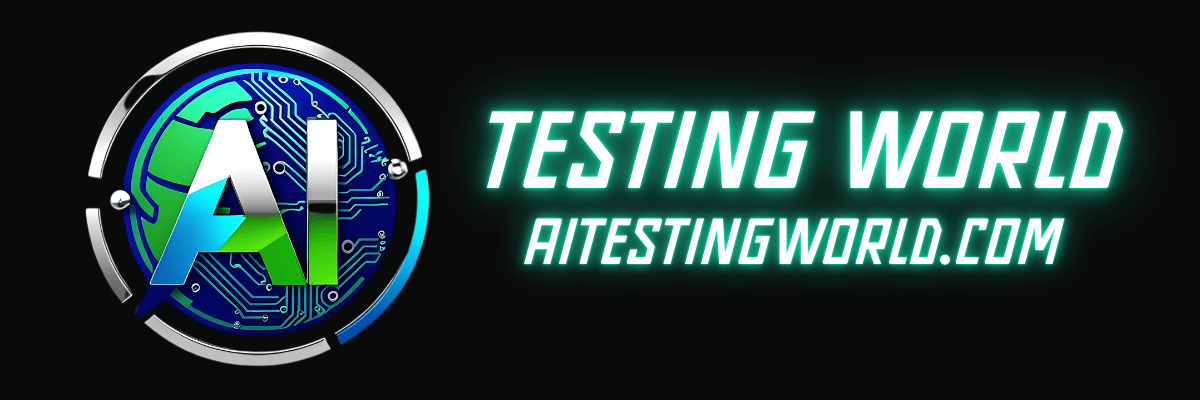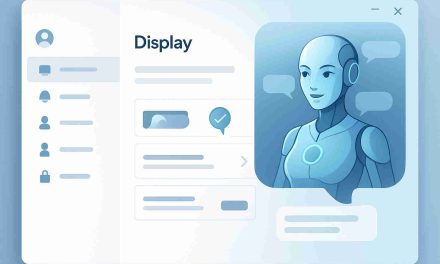TL;DR
Companies harness AI software testing tools to simulate and predict product performance, significantly reducing risks and enhancing efficiency in product development processes.
Companies are increasingly adopting AI software testing tools as a reliable approach to minimize risks and optimize product performance. Using artificial intelligence to conduct virtual testing allows businesses to simulate how products perform under many diverse conditions before actually building them, dramatically reducing physical testing costs and timelines.
AI Software Testing: Powering Smarter Product Development
Trending across diverse industries from automotive to electronics, AI software testing is reshaping how products reach the market. By harnessing predictive analytics and machine learning algorithms, virtual testing methods allow designers and manufacturers to detect issues early, refining products before physical prototypes even exist. This transformative approach represents an intelligent shift in the software development lifecycle. Rather than relying heavily on costly trial and error methods, engineering teams leverage AI-driven virtual environments to stress-test products digitally.
Through extensive simulation, AI software identifies potential weak points or failures in designs, allowing engineers to adjust features proactively. As a result, organizations achieve notable increases in productivity, significantly reducing the overall time to market.
Reduced Costs and Enhanced Safety
Key benefits reported by companies deploying AI-powered software testing tools are cost savings and improved reliability. By automating extensive product testing virtually, organizations eliminate the excessive costs linked to physical prototypes. AI tools can rigorously evaluate numerous design specifications simultaneously, a task nearly impossible to accomplish with traditional testing techniques. Safety is another critical dimension AI software testing addresses dramatically better.
Aerospace and automotive industries, where product failures can have severe consequences, particularly benefit from the accuracy and reliability AI simulations provide. Early predictions of product behavior enable teams to correct potential dangers or vulnerabilities, ensuring safer end-user products.
The Future of AI in Software Development
Looking ahead, AI software testing technologies are advancing swiftly, promising even greater benefits in the upcoming decade. As AI evolves, the accuracy and comprehensiveness of simulation tests will continue improving exponentially. Emerging technologies like generative AI and intelligent agents are expected to drive comprehensive automation in development and testing environments. For software engineers and developers, proactively embracing AI testing innovations will be essential.
Organizations that fail to integrate advanced AI testing tools risk lagging competitively, increasingly hampered by slower processes and higher product failure rates. Conversely, early adopters of virtual AI testing strategies position themselves strategically for substantial competitive advantages in productivity, reliability, and user satisfaction. Ultimately, adopting AI software testing practices represents a forward-thinking strategy in product development. It reflects a commitment to innovation, quality, and efficiency, foundational qualities that define successful technology organizations. As AI software testing transforms software development practices, companies prepared to adapt swiftly can look forward to a robust, productive, and safer path to market leadership.
Original resource for this article: https://www.zappi.io/web/blog/ai-in-product-testing-how-you-can-use-ai-to-create-innovative-products/





